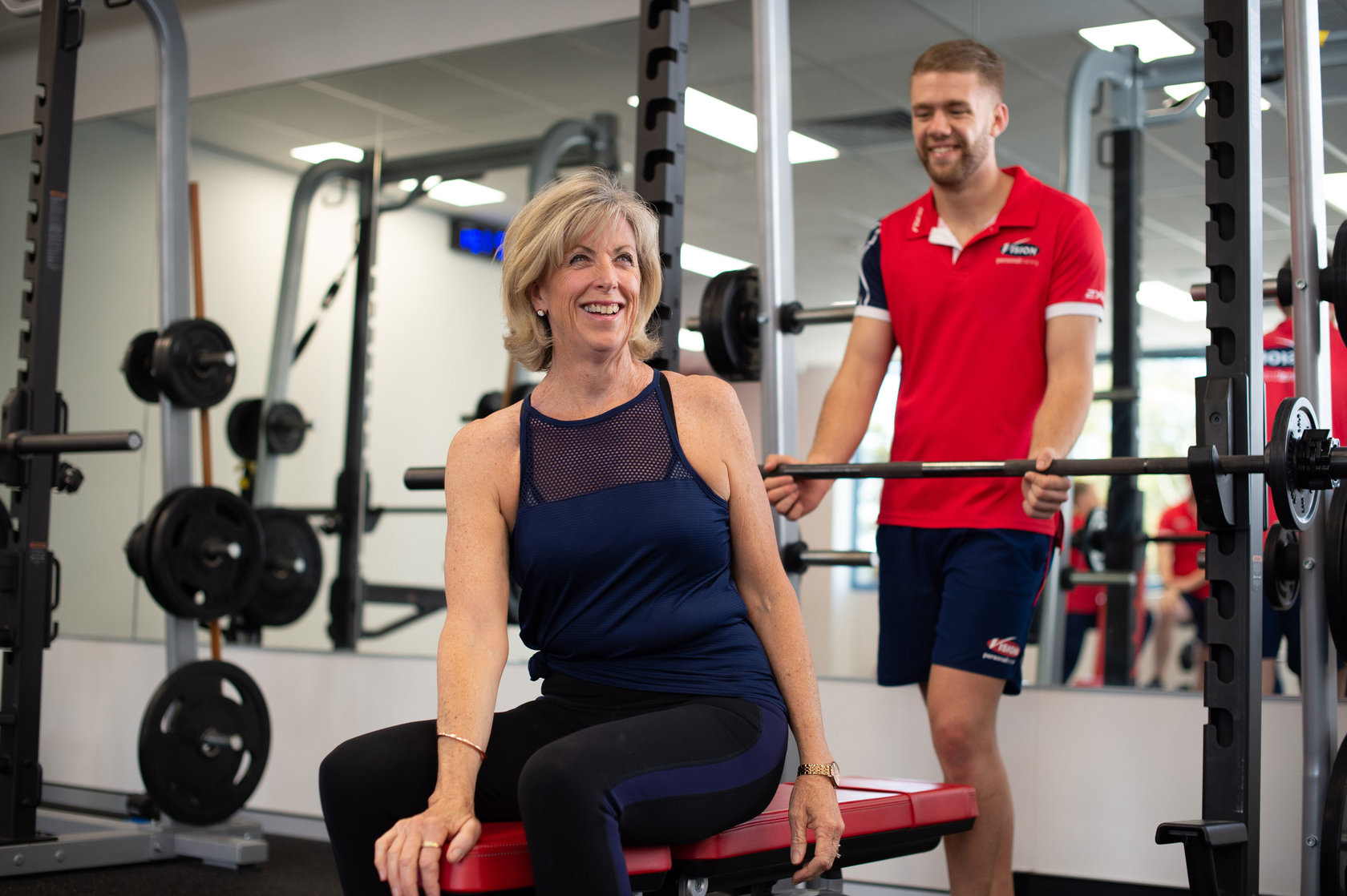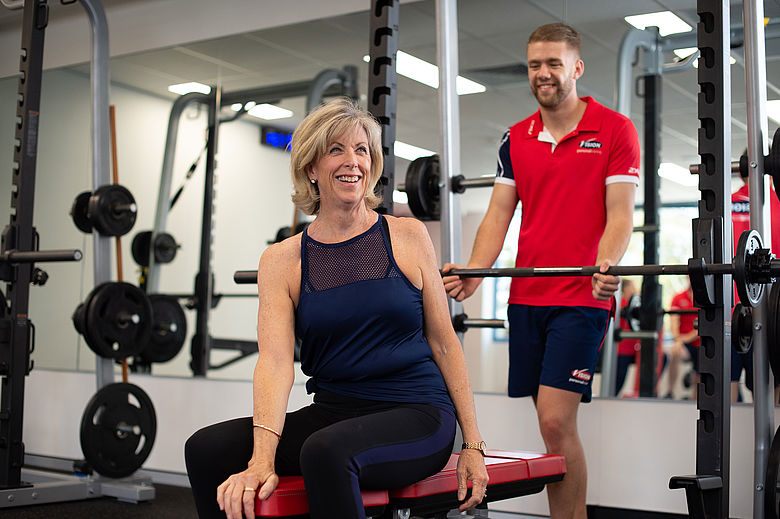I understand it can feel frustrating when you hit the treadmill three times a week, throw in a couple of weight training sessions and make a conscious effort to reduce the bad foods out of your diet, yet you still seem to struggle to see that shift on the scales or your clothes fitting better.
So what's one of the biggest contributors to us as humans improving our health and body composition? Carbs, fats, weight training, running, sleep, alcohol, stress? As you can see the list is endless and none of those points listed are wrong, they all contribute to our health, body shape and well-being. However, when it comes to reducing body fat and losing weight, the biggest factor involved is our resting metabolism. Metabolism simply means 'the rate at which the body burns energy/fat'. Our resting metabolism is how our metabolism works when we are not eating or exercising (so the majority of the time). This equates to 70% of daily energy expenditure (fat burn).
Now what is our resting metabolism made up of and how do we improve it? Nearly our entire resting metabolism (80%) is determined by the amount of lean mass we have (essentially, muscle mass). This doesn't mean we all need to be built like body builders, but it does mean we need to focus on weight training 1-2 times per week and more importantly get the nutrients into our body to help repair and grow our muscles and lean tissue.
So this is where the macronutrient PROTEIN comes into play. Protein is primarily responsible for repairing tissue and muscle, enabling us to maintain and even speed up our metabolism. This is done through the amino acids in protein which act as 'building blocks' for our muscles. These essential proteins must be supplied through the diet on a daily basis to ensure we keep our metabolism fired up.
So consuming foods high in protein daily is essential to keep my metabolism working efficiently, but do I need to include protein sources in every single meal? YES. It doesn't have to be huge amounts in each meal, but the body needs protein every 3-4 hours to ensure we never slow down our metabolism. Once we consume protein it is delivered to the muscles and performs its job of repairing them and keeping them topped up, excess protein in the body is simply excreted after 4 hours. This means after 4 hours without protein in a meal our muscles will start wasting away (only on a microscopic level) and in turn, slowing our metabolism down. So when you haven't eaten protein for over 4 hours you are slowing down your fat burning ability.
Now we know we need to put a big focus on consuming protein regularly through the day, let's have a look at the best protein sources:
- Lean meat (chicken, turkey, pork, kangaroo, lamb, beef)
- Seafood (salmon, tuna, barramundi, snapper, cod)
- Eggs
- Dairy (cheese, milk, yogurt)
- Supplements (only if you aren't getting enough protein from natural food sources)
To learn more about protein and even learn your specific daily protein requirements please contact the team at Vision Rose Bay on 9371 7659.
*Disclaimer: Individual results vary based on agreed goals. Click here for details.

